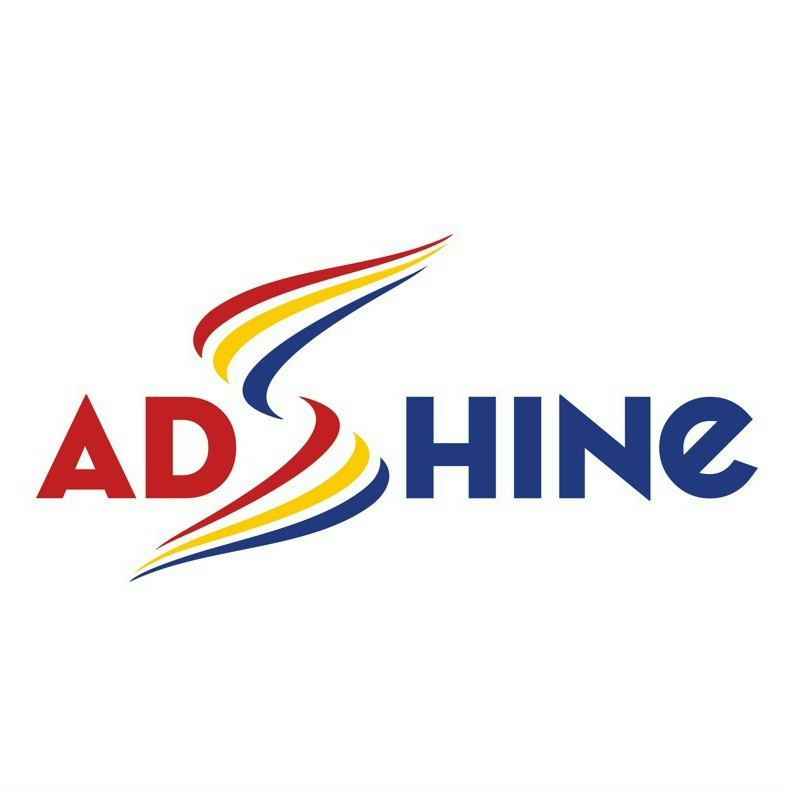Meta Pulls Back the Curtain on Incremental Attribution on ads
 Adshine.pro09/04/202518 views
Adshine.pro09/04/202518 viewsIf you’ve been running campaigns on Meta lately, you may have noticed some quiet but significant changes in attribution tracking. And if you haven’t, the short version is this: advertisers now have more ways to measure performance, thanks to an expansion of response tracking driven by AI.
Last August, Meta introduced its incremental attribution setting, designed to offer deeper insight into conversions that can be tied back to ads—beyond the scope of traditional, rules-based attribution models.
Under standard attribution, advertisers define parameters around conversion tracking, usually within a set time window of one to seven days. If someone saw an ad and purchased within that period, the ad could be credited. Useful, yes—but hardly precise in mapping the true influence of ad exposure.
That’s where incremental attribution comes in. With the power of AI, Meta now offers a model that seeks to connect more subtle dots between ad engagement and eventual conversion, broadening the measurement lens to better capture modern consumer behavior.
Meta has refreshed its documentation to make this clearer, outlining the difference between the two models:
- Standard attribution: optimizes delivery within the selected time windows and behaviors, allowing advertisers to credit conversions based on impressions, clicks, or video views.
- Incremental attribution: optimizes delivery based on incremental conversions, using machine learning to predict whether a conversion was actually caused by the ad. This model enables optimization and reporting that focus specifically on incremental lift.
In effect, instead of relying on direct interactions that lead to purchases within a week, incremental attribution aims to paint a more accurate picture of ad effectiveness by analyzing expanded patterns of engagement and response.
So how does it actually work? Meta is characteristically light on specifics, explaining only that it “uses machine learning models that predict whether a conversion is caused by an ad.” But the underlying concept is clear enough: by processing a larger array of data points, Meta can provide advertisers with a broader, and arguably more realistic, assessment of their campaigns’ impact.
The tool isn’t brand new—it has been quietly present in the system—but the expanded guidance suggests wider availability across advertiser accounts.
Not every marketer will need it. But for those intent on understanding the true role their ads play in driving sales, incremental attribution offers an additional—and potentially valuable—measurement layer to test.
📢 If you're interested in Facebook Ads Account, don't hesitate to connect with us!
🔹 https://linktr.ee/Adshinepro
💬 We're always ready to assist you!